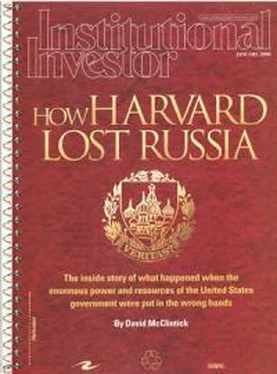This political conflict was the proximate cause of the coup of 2014. The country was split down the middle and the opposition to President Yanukovych was more violent and better funded from abroad than his political allies.
A similar political upheaval took place in the so-called Orange Revolution of 2004/5. A country prepared to split at any moment on political lines, cannot long call itself a country.

3. Russian regions outside of the two Donbass republics will go their own way.
On the 2 ndof May 2014, peaceful protesters gathered at Odessa’s Trade Union Hall. They were voicing their opposition to the fascist government which took power in Kiev.
They were met by a combination of mostly non-local members of the neo-Nazi party ‘Right Sector’ as well as far right football hooligans, also not supporters of a local team.
The fascists came to provoke violence and with the authorities doing nothing to help, they achieved their goal.
Many of the peaceful demonstrators, most of whom were very young men and women, were burned alive as the fascists throw firebombs at the Trade Union Hall in which the protesters found themselves barricaded.
Some leapt to an instant death, whilst others who survived were mutilated and beaten to death by the fascist gangs below.
This has not been forgotten. Odessa is a traditionally multi-cultural city, but unmistakeably Russian in character and language.
Odessa along with Mariupol and Dnepropetrovsk and Kharkov in the north will not be so easily reconciled to the idea of Ukraine. As it stands, violence has been commonplace in such places ever since the coup of 2014. Just because unlike in the Donbass republics, there is not out and out war, does not mean things are peaceful.
The regions may well go their own way and sooner than many suspect.

4. It’s the economy, stupid!
Somalia has long been called a failed state due to the weak Mogadishu government’s inability to maintain a functional state.
Likewise, post-Gaddafi Libya is now several states in one, with two factions in two cities (Tripoli and Benghazi) competing for legitimacy. Compounding this are a plethora of tribal factions and terrorist groups including ISIS, who control parts of the country. There is no central economy and resources are constantly being plundered and sold on the black market, often with the help of the Sicilian mafia.
Ukraine too is a mafia state. Corruption in state-owned corporations, lack of any accountability among offices, one of the most corrupt and violent business cultures in the world, difficulty in the government collecting revenue and a thriving black market, has depressed the economy of a state which was since 1991 has never been a picture of economic health.
Unable to pay for its own necessities let alone its war of aggression, the Kiev government is almost entirely reliant on foreign aid.
With the EU states having their own economic and political crises and Donald Trump appearing less and less interested in paying for states like Ukraine, the fascist regime is more than just an aggressive state, it is a failed state.
The combination of regions uncomfortable with ethno-centric and linguistically discriminatory laws with central bankruptcy is a recipe for civil strife. Many of the Russian regions of the country would be more economically healthy if they formed their own federation or indeed returned to Russia.
Many would jump at such an opportunity. They soon will.
5. The EU Problem
Whereas the fascist regime in Kiev is keen to create an identity based on the myth of Ukrainian ultra-nationalism, many of her would be colleagues in a future EU arrangement do not share such views.
Many Poles feel that Lvov (Lwow as they call it), ought to be restored as a Polish centre of culture, which it was even during Austrian rule. Although the city largely lost her Polish population, if what is left of Ukraine, the western rump, were to join the EU, the possibility of Polish repatriation could be a very real possibility due to the EU’s open border policy.
As it stands, I believe in the next few years, all Russophone regions of the country will legally separate from the centre leaving mostly Western Ukraine and maybe some small areas of left-bank Ukraine (possibly not).
This rump state, would have little choice but to beg the EU for membership. Brussels may not be able to stomach the burden of even a small Ukraine. But if it did, that would be the end of Bandarastan. It would essentially mean a state perpetually reliant on the good will of Brussels on the physical periphery of Europe. Good luck with that!








![Джонатан Димблби - Barbarossa - How Hitler Lost the War [calibre]](/books/385421/dzhonatan-dimblbi-barbarossa-how-hitler-lost-the-w-thumb.webp)





